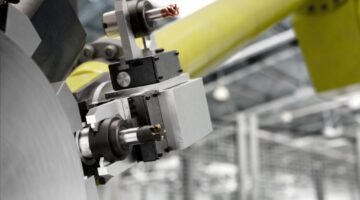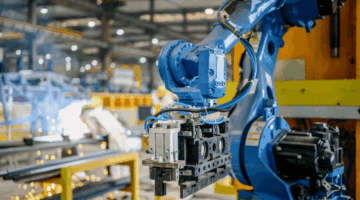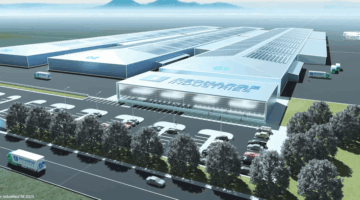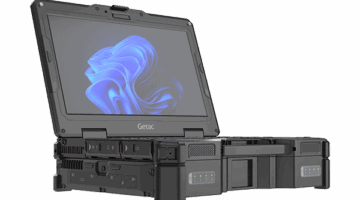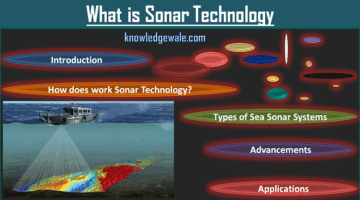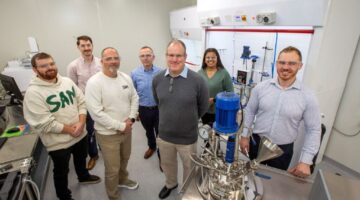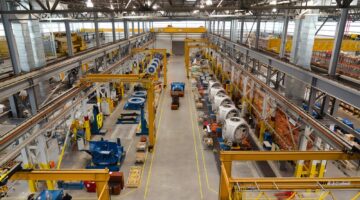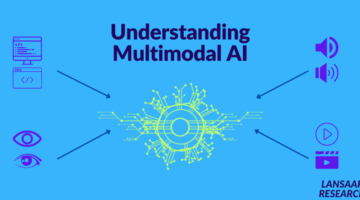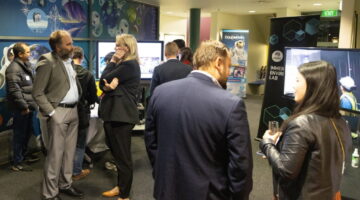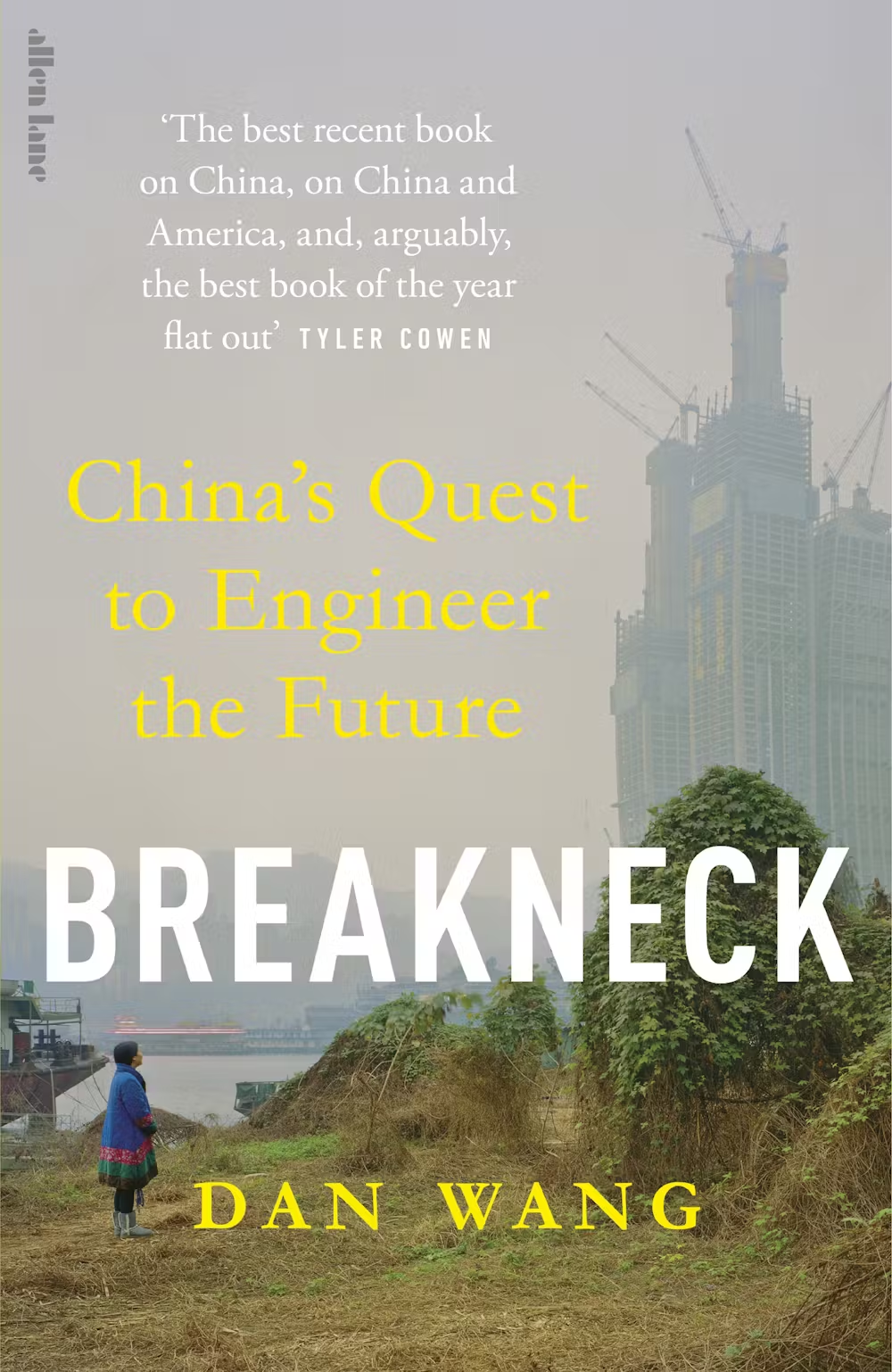
Ruled by engineers: how China gets things done, leaving the US in the dust
Mark Beeson, Adjunct Professor, Australia-China Relations Institute, University of Technology Sydney. In modern times, the world’s most powerful and influential states have also had the largest economies. When the United States overtook Britain in the early 20th century, it was only a question of time before it assumed international political […]
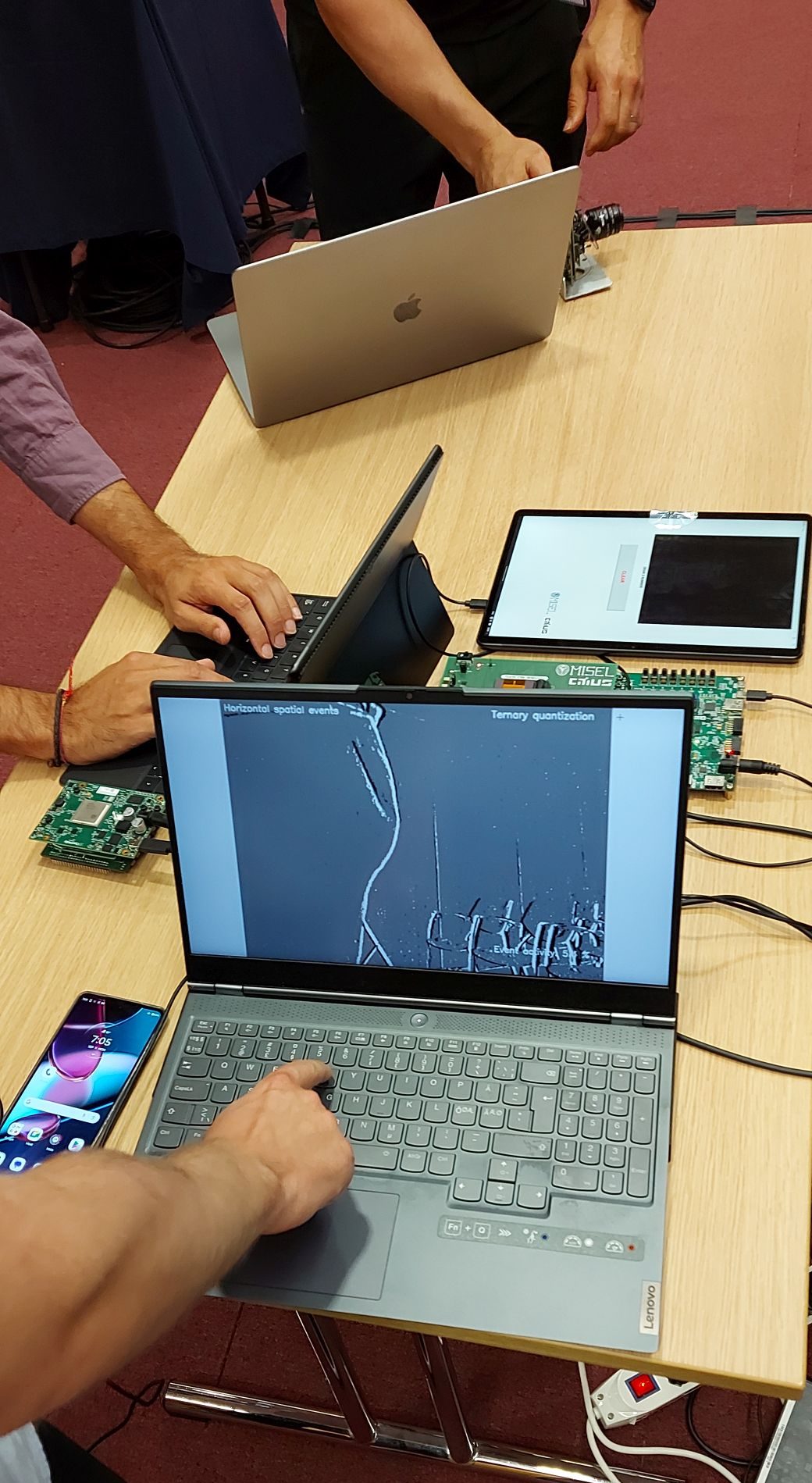
European researchers develop energy-efficient machine vision inspired by human eyesight and the brain
Drawing inspiration from human eyesight, a European research project led by VTT has developed machine vision mimicking the cooperation of the eye and nervous system, implemented as edge-computing circuits. Edge computing means processing data where it is generated and where the results of computing are needed. This enables, for instance, […]

Could a ‘grey swan’ event bring down the AI revolution?
Cameron Shackwell, Sessional Academic, School of Information Systems, Queensland University of Technology The term “black swan” refers to a shocking event on nobody’s radar until it actually happens. This has become a byword in risk analysis since a book called The Black Swan by Nassim Nicholas Taleb was published in 2007. A frequently cited […]

Top tips for securing the investment your manufacturing business needs to grow
-Andrew Mamonitis, Vice President – APAC, Manufacturing Division, ECI Software Solutions It pays to optimise your processes and practices before expanding or bringing an external investor on board. Despite challenging conditions, manufacturing businesses are looking for ways to grow their share of the domestic market and pursue potentially lucrative […]

Research shows CPG leaders are investing in AI and talent to stay competitive
Rockwell Automation Report finds CPG Industry prioritising innovation over cost cutting Rockwell Automation has announced the results of the 10th annual State of Smart Manufacturing Report: Consumer Packaged Goods (CPG) Edition. The findings highlight how manufacturers are placing greater importance on innovation, workforce development, and long-term growth strategies. The CPG […]

Hands free tool changes for smarter machining
Peter Pettersson, Sandvik Coromant Imagine a factory where the lights are off, not because no one is home, but because automated systems are working around the clock to keep production lines running with minimal human intervention. These futuristic setups are quickly becoming a reality, with touchless tool changes at the […]

Beneq launches Transform XP – Redefining atomic control in ALD
Second-generation platform delivers advanced control, in-cycle annealing, and high-throughput performance for Wide Bandgap power and RF device manufacturing Beneq introduces the Beneq Transform XP, a second-generation ALD platform developed to meet the performance demands of Wide Bandgap (WBG) power and RF device technology development and manufacturing. Building on the proven […]

Jobs and the future of work
How to build the skills needed for the age of AI AI is changing how we work and what skills workers need to thrive in a world of intelligent machines and cognitive computing. Only a sliver of education initiatives are devoted to AI and these are not yet integrated into […]

Agents for growth: Turning AI promise into impact
As CEOs and CMOs ask where AI is moving from hype to real results, frontrunners demonstrate that tighter human–AI collaboration and sharper governance is required. A global retailer sees demand for a top product surge in one region while inventory piles up in another. Within seconds, a team of AI agents […]
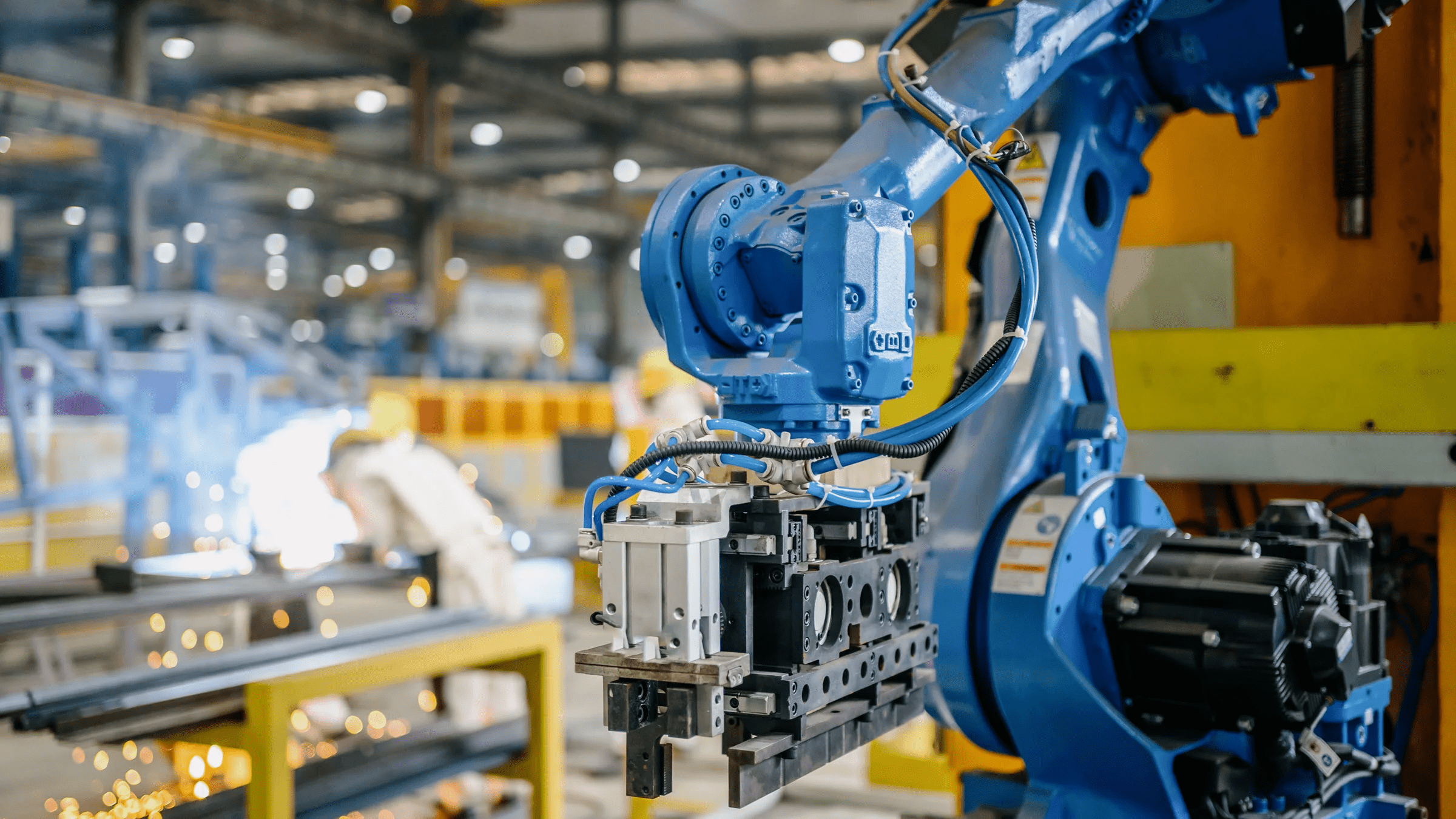
Using AI to enable scalable, autonomous operations
By Troy Mahr, director – Kalypso. Kalypso – acquired by Rockwell Automation in 2020 – is a diverse team of consultants, innovators, strategists, data scientists and technologists. What we consistently hear from industry leaders is the need for real-time visibility across their global operations, which is key to ensuring their operations […]

Piecing together the puzzle of future solar cell materials
Formamidinium lead iodide is considered one of the best-performing materials in the halide perovskite group, since it has promising properties for future solar cell technologies. New findings from Chalmers can now shed light on its structure; this is crucial if we are to engineer and control the material. Global electricity […]

Emerson’s next-generation of industrial PCs for AI-enabled automation
New PACSystems IPCs combine latest generation of industrial-rated processors with optimised cooling and pre-loaded software to simplify advanced computing and integration. Emerson has the PACSystems IPC 6010, IPC 7010, and IPC 8010 industrial computing platforms. This new line expands Emerson’s family of high-performance industrial personal computer (IPC) models for demanding […]

AI meets rugged reliability
Getac Technology Corporation (Getac), a leading provider of rugged computing and mobile video solutions and a manufacturer with advanced in-house capabilities, has announced the launch of two highly versatile new field devices: the F120, the world’s first fully rugged Copilot+ PC in a tablet form factor; and the V120, an AI-ready fully rugged laptop designed to deliver a premium computing experience in challenging work environments. Both new devices are the result of extensive real-world research and customer dialogue, building on Getac’s best-selling F110 and V110 models to deliver two brand new devices that harness the power of AI to unlock new levels of productivity in the field. Shared upgrades include larger 12.2-inch displays with a new narrow-bezel design, slimmer and lighter builds, Wi-Fi 7, Bluetooth 5.4, two Thunderbolt™ 4 ports, hot-swappable batteries, TPM 2.0, and robust MIL-STD-810H/IP66 certifications, a generational leap in performance and reliability for field professionals. F120 fully rugged tablet: the world’s first fully rugged tablet as a Copilot+ PC Copilot+ PCs are the fastest, most intelligent Windows devices currently available, with powerful processors and access to highly advanced AI models that can fundamentally transform workflows and operations in the field. To qualify as a Copilot+ PC, a device must include a neural processor unit (NPU) capable of 40+ trillion operations per second (TOPS), have a minimum of 16GB of RAM and 256GB of SSD storage, and support at least one form of biometric security authentication. Getac’s new F120 meets all these criteria. By bringing powerful edge AI into a fully rugged form factor, it transforms how field professionals work in challenging environments. Powered by the latest Intel® Core™ Ultra 200V Series Processor and groundbreaking Intel® AI Boost NPU with up to 48 TOPS, it accelerates AI-driven tasks like diagnostics, image processing, and real-time analytics, enabling users to tackle challenges faster and more effectively. […]





